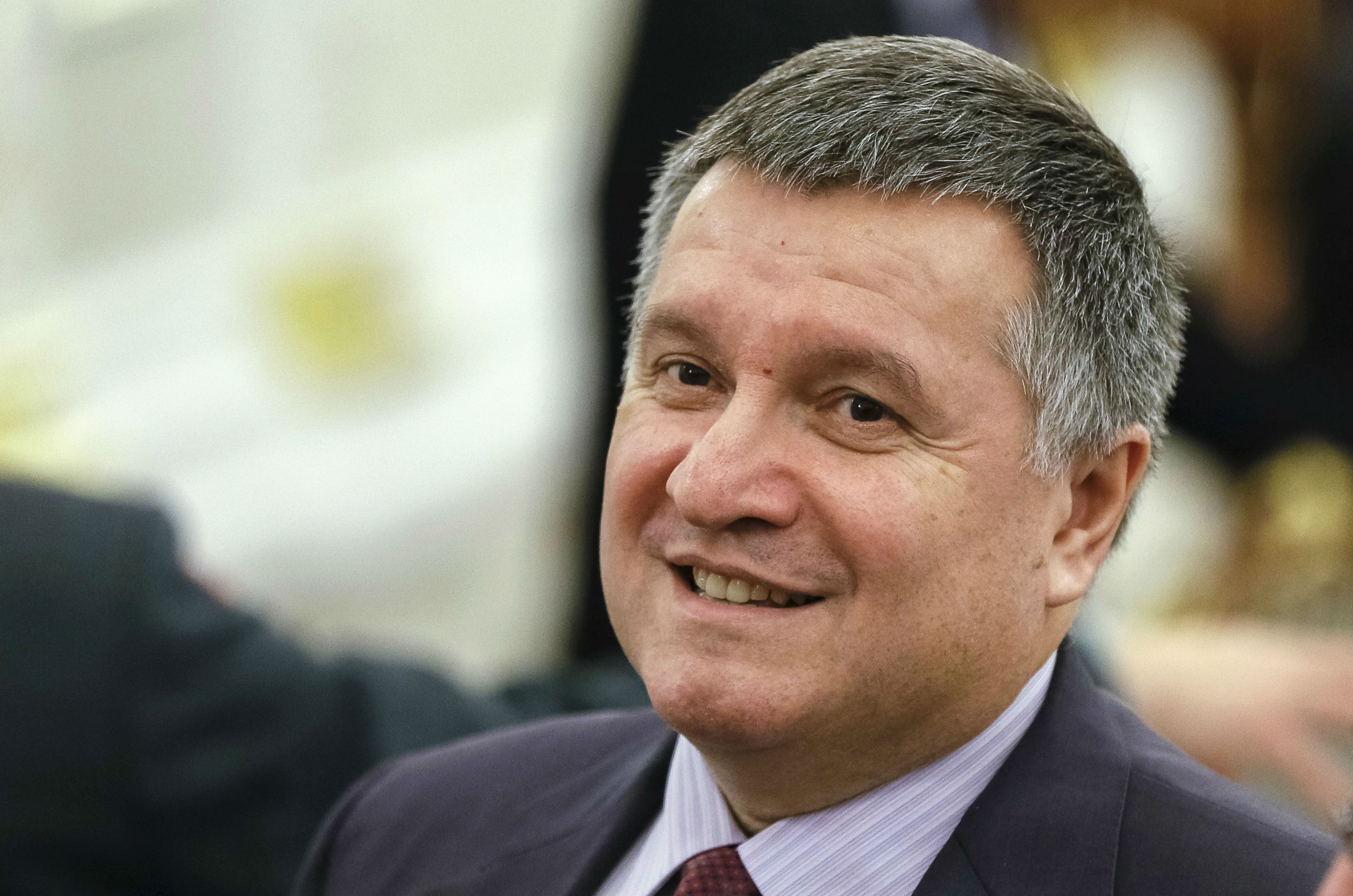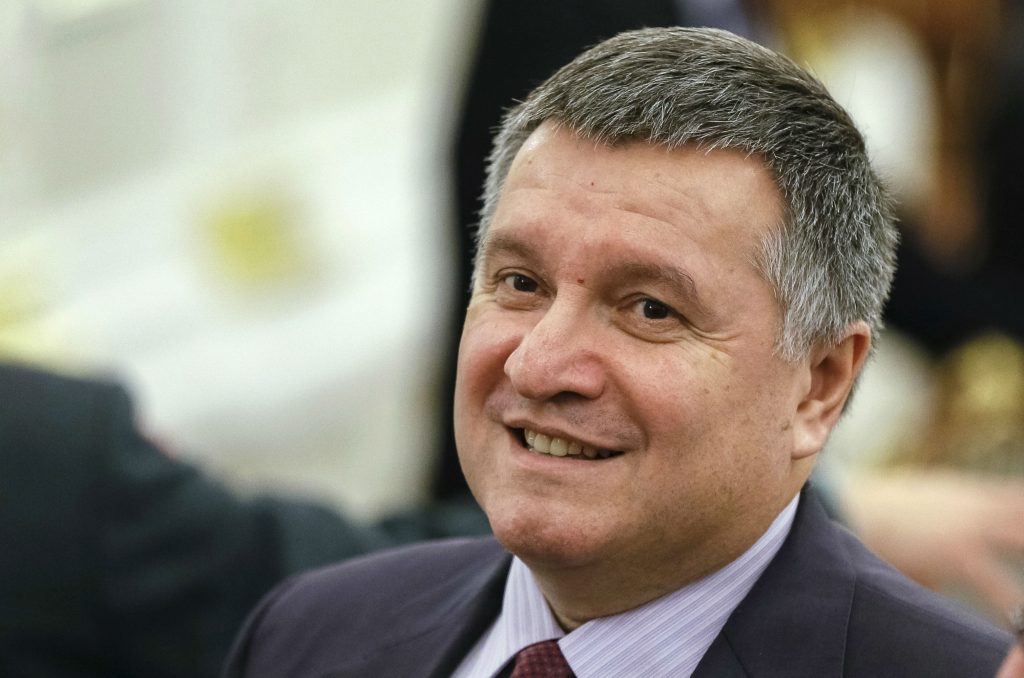
There are many reasons to worry about Ukraine’s elections this year. The 2019 elections may be as defining as those in 2014, when Ukraine left the Russian world for good. However, so far, most analysts have missed two factors that may play an outsized role. First, Interior Minister Arsen Avakov is not only a sitting minister but also a politician who wants to remain in power. The police force, which will oversee much of the conduct around the elections, report to him. Second, decentralization created more money and players on the local level, and these actors may exert a greater role as we approach the elections.
As a Ukrainian journalist with over ten years’ experience covering elections, I started to worry when I read Interior Affairs Minister Arsen Avakov’s recent blog.
Apart from the title, everything seemed normal at first; Avakov warned all presidential candidates to refrain from violating the election process. He noted that the national police have received 91 allegations of rule breaking from citizens and civic organizations since the campaign officially began on December 31, 2018.
Avakov also warned that nobody will get a deal with the Interior Ministry or national police “about turning a blind eye on disgusting vote buying.”
It’s important to bear in mind that Avakov remains one of the most powerful ministers and influential politicians in Ukraine. Approximately 300,000 policemen, including members of the National Guard and even paramilitary civic organizations such as The National Corps report to him. (A year ago, the National Corps marched down Kyiv’s major thoroughfare calling for “the Ukrainian order” to be established without any interference from the police.)
At the end of 2018, the Ukrainian parliament approved a record defense budget, including 12,893 billion UAH (about $463 million) for the National Guard, which reports to Avakov’s Interior Ministry.
Despite his powerful position, Avakov’s political fortunes aren’t bright, and this is a reason for concern. He’s a member of the People’s Front political party, which managed to take 22 percent in the 2014 parliamentary elections but only gets 0.5 percent in today’s polls. This reality forces Avakov to seek political patrons among those politicians who can achieve better results in the upcoming elections.
Vote buying has a long history in Ukraine’s elections, and one should expect no change this year. Given the country’s economic stagnation and slow economic growth estimated at a little over 3 percent, there’s plenty of people who need money. And there’s plenty of ways to bribe voters, from creating charity foundations which provide support to potential voters on behalf of a candidate and his or her political party, to buying members of elections commissions who count votes on election day, to bringing “prepared” voters to certain election districts.
In both elections, hundreds of thousands of policemen will be the key watchdogs. Of course, the Central Election Commission and local commissions oversee voting, but as soon as a voter leaves a polling station, the police are in charge of fixing potential violations. Therefore, it’s hard to overestimate the role of the Interior Ministry on election day.
Back to the minister. To preserve his position after the fall parliamentary elections, Avakov must make nice with key players. It seems Avakov’s recent blog was meant to underline his important role as the key arbitrator, warning everyone to beware of any wrong moves against his ministry and reinforcing the point that he holds the keys to electoral success.
There’s a second factor that Western experts also miss. As a result of decentralization reform, Ukraine’s regional elites have received unprecedented authority which wasn’t seen during even the Yanukovych regime. Local budgets are larger, there’s greater political autonomy and even physical power which is represented by local paramilitary and other civic patriotic organizations without any subordination to Kyiv.
During a December 4 press conference, Avakov named Odesa the “criminal capital” of Ukraine where local activists are routinely subject to violence, including at least two murder attempts in recent years. Over the last year, a dozen activists in Odesa have been attacked without any further investigation, despite clear evidence that most of the attacks were orchestrated by the local authorities. Neither Avakov’s Interior Ministry nor the General Prosecutor’s Office have been able to prosecute the guilty parties. This means that local elites enjoy absolute immunity through possible agreements or have enough power to disregard authorities in Kyiv.
The upcoming elections will be marked by unprecedented power on the side of Avakov and local authorities, who no longer completely obey Kyiv. Physical power may determine much more than Ukraine’s actual law who rules Ukraine.
Mykola Vorobiov is a Ukrainian journalist. He previously served as an Austrian Marshall Plan Foundation Fellow at Johns Hopkins University SAIS in Washington, DC.
Image: Ukrainian Interior Minister Arsen Avakov is seen before the meeting of national security and defense council of Ukraine in Kyiv September 22, 2015. REUTERS/Gleb Garanich
